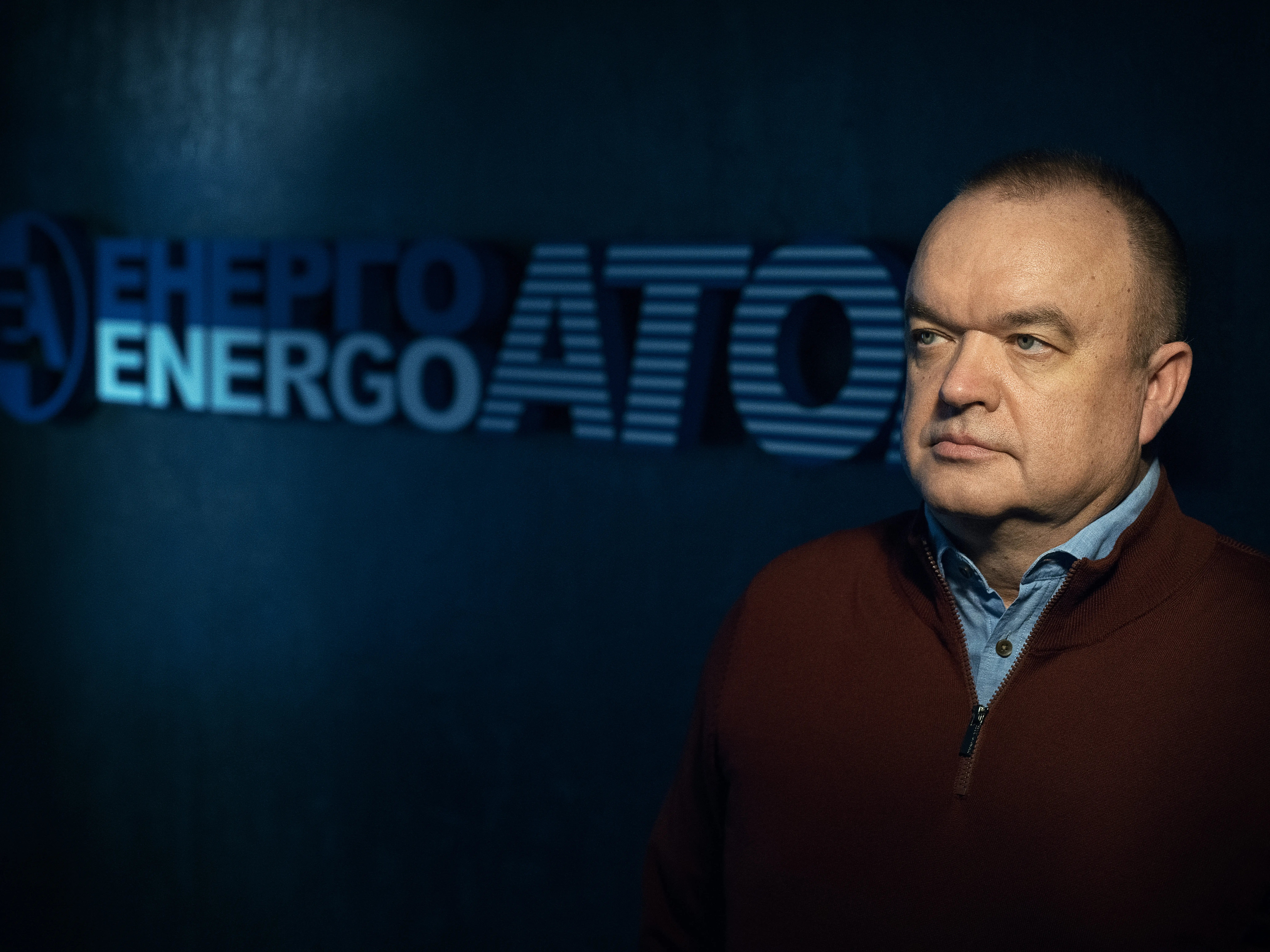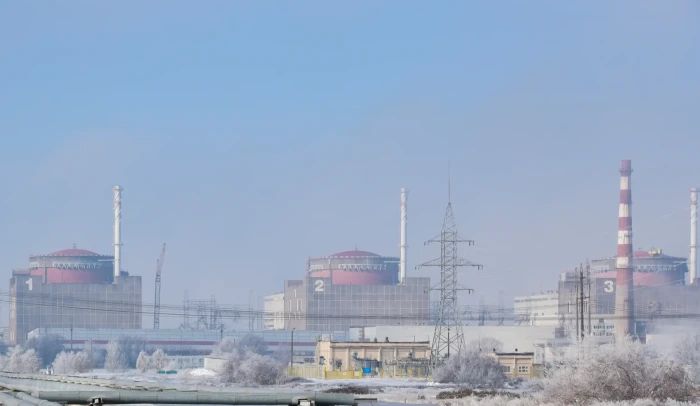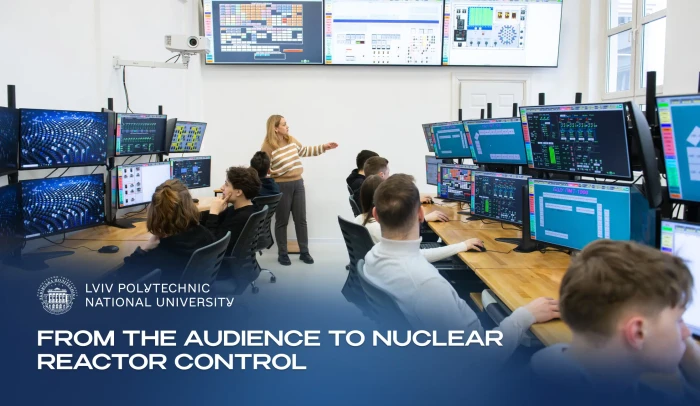Ukraine was the first country in the world to actually prove that nuclear power can function and work stably without russia's help. Having a powerful fleet of Soviet-style nuclear reactors, NNEGC “Energoatom” has completely got rid of dependence of everything russian: their nuclear fuel, spent nuclear fuel storage services, russian spare parts and materials, etc.
According to Acting CEO of JSC “NNEGC “Energoatom” Petro Kotin, this process has been extremely difficult. It began several years before the start of the full-scale invasion and caused a barrage of criticism and accusations from agents of russian influence in Ukraine. For example, we can mention the numerous hysterias of some pro-russian “experts” regarding the construction of the Centralized Spent Fuel Storage in Ukraine and the incredible efforts of Energoatom to complete the construction of this facility as soon as possible. Moreover, a 42-kilometer railway line was built to it at their own expense.
“And if we didn't have time to complete the construction before the war and put it into operation already in April 2022? Where would we currently store spent nuclear fuel from our three nuclear power plants? And russia really wanted us to extend the contract with them for the export of that fuel to russia and for us to continue to pay them about $200 million for it every year,” Petro Kotin says.
Thanks to the support of the President of Ukraine Volodymyr Zelenskyi, the high qualification of Ukrainian nuclear employees and reliable partnership with international leaders in nuclear energy, we has quickly managed to achieve unexpected results for the enemy – complete overcoming of dependence on russia. With this, Energoatom showed many countries the way to energy freedom in the field of nuclear energy.
Following the example of Ukraine, a number of countries are terminating existing contracts and taking clear steps to avoid dependence on russia. In the last few months alone, the following events have taken place in the world:
- The US Senate unanimously supported the embargo on imports of russian uranium, and President Joe Biden signed it.
- Five countries are mobilizing investments to develop a reliable nuclear energy supply chain to reduce russia's influence. The United States, Canada, Japan, France and the United Kingdom will allocate $4.2 billion to increase uranium enrichment and conversion capacity over the next three years. The countries are commited to create a sustainable global uranium supply market, free from russian influence.
- The Swedish company Vattenfall will not use russian nuclear fuel – fuel assemblies of the TVS-K design, which have already been tested at the Ringhals NPP. The russian federation planned to enter the Western-style fuel market, starting with Swedish reactors. However, it failed.
- After the start of the invasion, Finland refused to build the Hanhikivi-1 NPP, joint design with rosatom, for 7 billion euro.
- The Czech conglomerate CEZ has concluded an agreement with Westinghouse and Framatome on the supply of fuel to the Temelin NPP, and the Americans will also provide fuel assemblies to the VVER-440 power units at the Dukovany NPP. This is planned to be done within two to three years.
- Bulgaria has decided to replace russian fuel at the Kozloduy NPP. Fuel produced by Framatome will be purchased for the VVER-1000 reactor of Unit 5, and Westinghouse Electric Sweden for Unit 6.
- In February 2024, rosatom's subsidiaries: JSC “Rosatom Arctic”, Innohub, LLC, and Federal State Unitary Enterprise “Alexandrov Research Institute of Technology” were placed under the sanctions of the United States. Earlier, the US Department of State added “Kovrov Mechanical Plant”, “Rusatom Overseas” and “Atomstroy” to the sanctions list.
- The Committee of the US Congress supported a package of sanctions against “rosatom” and persons who pose threats to the safety of the Zaporizhzhia NPP. The relevant decisions were made at the committee meeting on May 16, 2024. These draft laws will now be submitted to the House of Representatives of the US Congress.
- The UK has restricted nine organizations, including UMATEX, which produces composite materials that can be used for military purposes, and TRINITY, whose research and development in the field of laser physics are funded directly by a russian state defense order.
This is only the beginning of hard work on the step-by-step displacement of the russian federation from the world markets of nuclear energy technologies. The civilized world has already understood that cooperation with the aggressor country, which defiantly violates all norms of nuclear and radiation safety by seizing the Zaporizhzhia NPP, is impossible.





